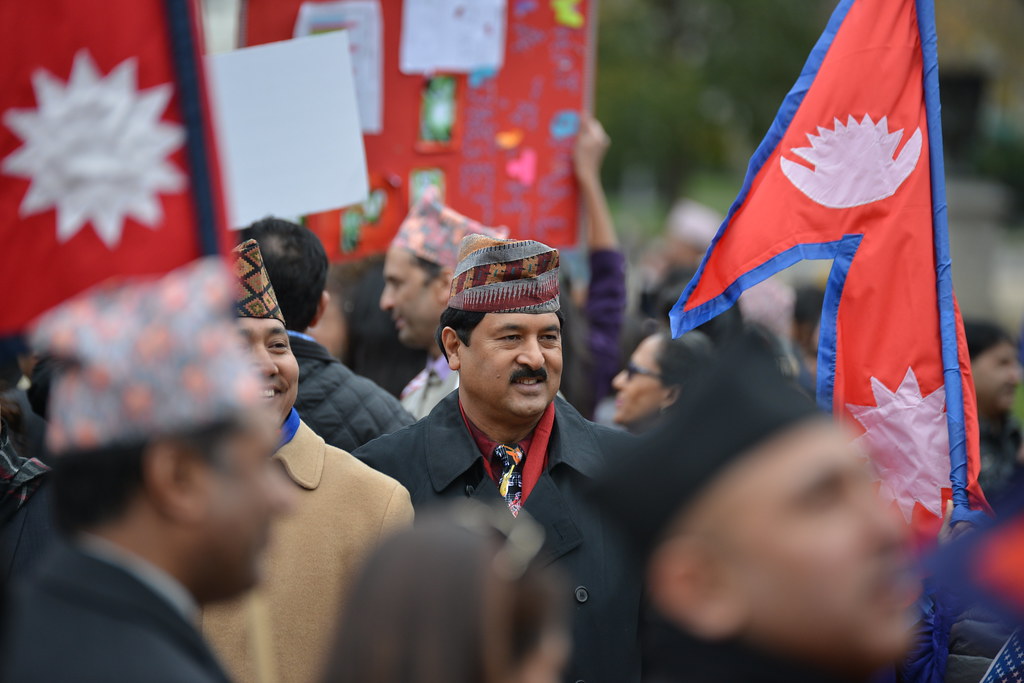 |
| Image: Flickr User - S Pakhrin |
By Maximillian Mørch
The adoption of the new constitution is not the end of the struggle for equality, fairness and tolerance.
The recent chaos and political turmoil in Nepal, which followed the promulgation of that country’s new constitution in September, shows what can happen when post-conflict societies attempt to move too fast following conflict. By not investigating war crimes and wartime abuses of power, Nepal risks disrupting its long term future as an equal post-conflict state.
The much heralded new constitution in August was naturally a moment of celebration, welcomed by political leaders as the dawn of a new Nepal. However, ever since the constitution was adopted, Nepal has been in the grip of protests, fuel blockades, and continuing insecurity. With protests in the Terai highlighting the unequal constitution, it is time for Nepal to address underlying ethnic and political tensions so that the country can move forward. While for many the passing of the new constitution was a time of celebration, for others it was a signal to take to the streets. The blockades in the Terai have been highly damaging to Nepal’s economy, and suggest that the promulgation of the new constitution is not the end of the struggle for equality, fairness and tolerance, but rather just the beginning.
Read the full story at The Diplomat
